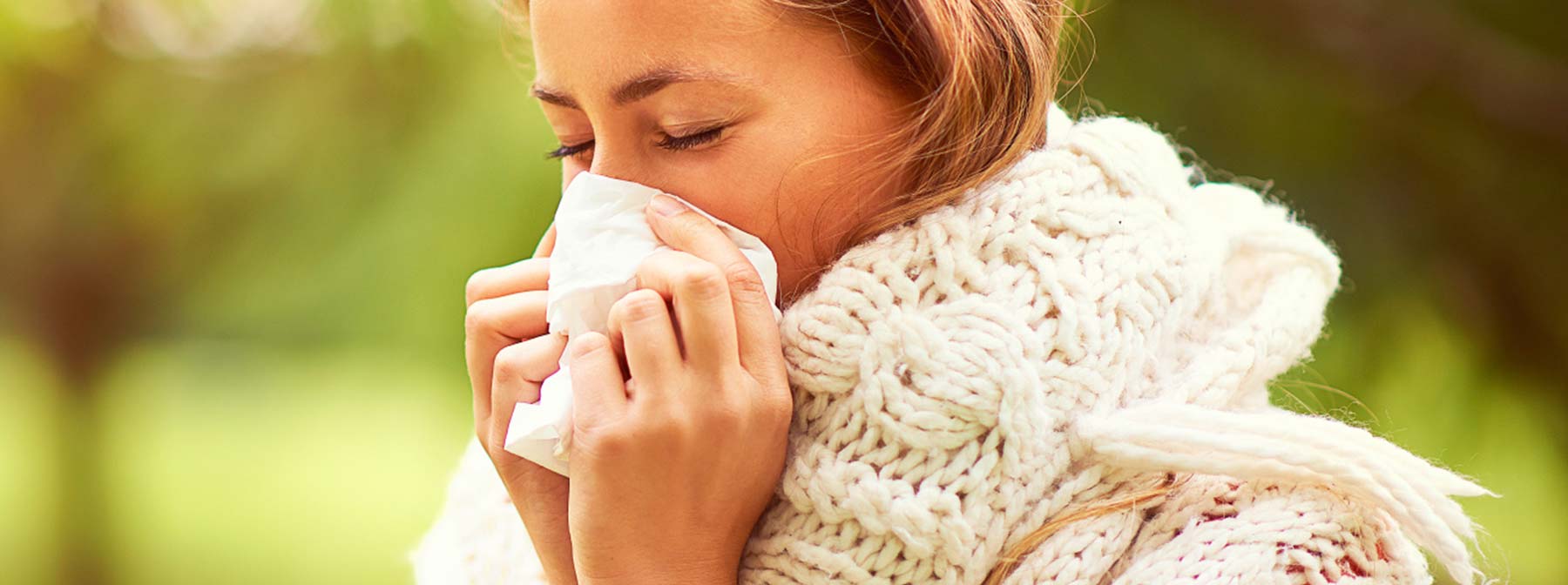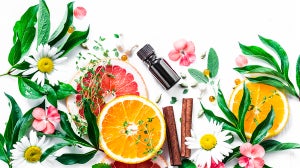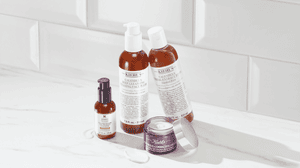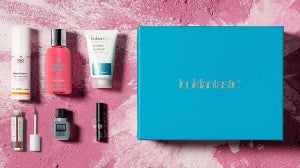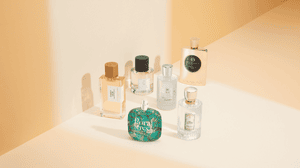
Florals for Spring aren’t always a good thing! As the warmer weather approaches we start to see nature come to life, which for some of us also means the beginning of hay fever. Hay fever is a lot more than a few sneezes and watery eyes; some cases can be severe for sufferers. Today we are talking about how to minimize the effects with some handy treatments and remedies for hay fever so you can make the most out of your spring and summer.
What Causes Hay Fever?
When our body is exposed to harmful substances, it responds by reacting to protect itself. This is usually done by the stimulation of antibodies that work to attack the foreign substance. In those who suffer from hay fever, the body carries out a similar attack when it comes into contact with pollen. Although this is completely harmless, it can have terrible effects for the sufferer. These can include sneezing, breathing difficulties, a runny nose and eyes, and even nausea and vomiting.
Who is affected?
Hay fever is quite common and can affect up to 1 in 5 people at some point in their life. People who suffer from asthma or eczema are more likely to suffer, as well as those with family history of these conditions.
Management of Hay Fever
When it comes to treatment and management of hay fever, there are a lot of ways to tackle the symptoms.
1. Lifestyle Changes
These include making simple changes to reduce your contact with allergens.
- Washing your face after returning from outside helps to wash away any allergens
- Keeping your hair tied up can prevent the pollen attaching itself to your hair
- Have a shower before bed – this not only removes pollen off you but also prevents it contaminating your bed sheets
- Regularly change your bedding
- Vacuuming regularly
- Drying washing indoors
- Keep windows and doors closed on high pollen count days
2. Medication
These are ideal for those with mild to severe allergies and work great as a targeted tool.
The most commonly used are a group of medications called ‘antihistamines’. These include the likes of Cetirizine, Loradatine and Chlorphenamine which are widely available in all pharmacies and supermarkets. These are great for preventing sneezing, itching and rashes and can also be used alongside nasal sprays and eye drops. Be sure to discuss any issues with your Pharmacist first and read the label on all medication.
Nasal sprays are targeted towards those who suffer from nasal congestion and are a great aid to keep in your handbag during those high pollen count days. Eye drops (such as Sodium Cromoglycate) help to treat red, itchy and watery eyes caused by allergens.
3. Switch Up Your Skincare
Sore, dry and itchy skin from hay fever is a nightmare. Skincare can’t prevent hay fever but it can help soothe some of the symptoms.
The La Roche-Posay Toleriane Ultra Allergy is a must have for anyone who suffers from rashes and red skin during the allergy season. The first facial skincare product to be awarded the Seal of Approval by Allergy UK, it not only helps to soothe your skin but also moisturises to leave you skin feeling and looking healthy. The limited ingredient product is enriched with La Roche-Posay thermal spring water as well as caring and hydrating Shea Butter and Neurosensine.
If you have any further questions about allergies or would like to find out more about any of the products mentioned then please email me at pharmacist@lookfantastic.com.

